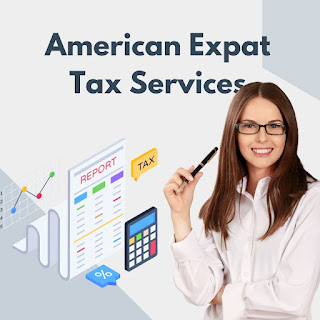Hong Kong is one of the most popular places for American expats but how does living in this beautiful city affect their US expat taxes? Hong Kong is an economic hub of China and SouthEast Asia, is respected as one of the most important cities in the world. Additionally, living there as an American, you will think about your home country now and again plus rest assured that it has not forgotten you particularly when it comes to file US taxes.
What you should know?
American citizens and green card holders living in Hong Kong must continue to file a US tax return every year. But filling while living abroad comes with new considerations and questions like do I have additional info to report to the internal revenue system or how do my Hong Kong financial accounts affect my tax filing? How can I reduce my tax return?
In this post, we have outlined some considerations for US citizens working in Hong Kong, thus you know what affects the taxes for US citizens living in Hong Kong they pay as well as which forms taxpayers need to file American Tax for US Residents Living Hong Kong.
U.S expat tax filing considerations
Working as an American in Hong Kong can affect your taxes even if you do not stay for a long time. For instance- if any person earns income while on a short term assignment, that person will need to report that income on his or her US taxes. As you establish deeper financial roots in the city, you will have more considerations for your filling.
You have to report your Hong Kong financial accounts and assets. Usually US taxpayers with over $10000 in foreign bank or financial accounts are subject to FBAR filing and reporting needs. Furthermore, you may be subject to FATCA reporting needs if you have foreign assets valued at $200000 and higher. Taxpayers can reduce their US bill and avoid dual taxation with some tax strategies. You may take advantage of one of two options to lower your taxes. These options are mentioned just below:
• The foreign earned income exclusion lets you exclude your wages from your US taxes. Keep in mind that this option is available to those individuals who meet certain time based residency needs. The foreign tax credit allows you to claim a credit for income taxes paid to an overseas government. It is usually more favorable for Americans living in Hong Kong to use the foreign earned income exclusion because of lower rates in Hong Kong. Your tax advisor can confirm the best option for you.
• Your Hong Kong pension is nog tax free in the US. If you participate in a mandatory provident fund or MRP through your employer, you can deduct your contributions from your taxes in Hong Kong. But your contributions are not deductible and your employer's contributions are taxable for the US tax purposes.






